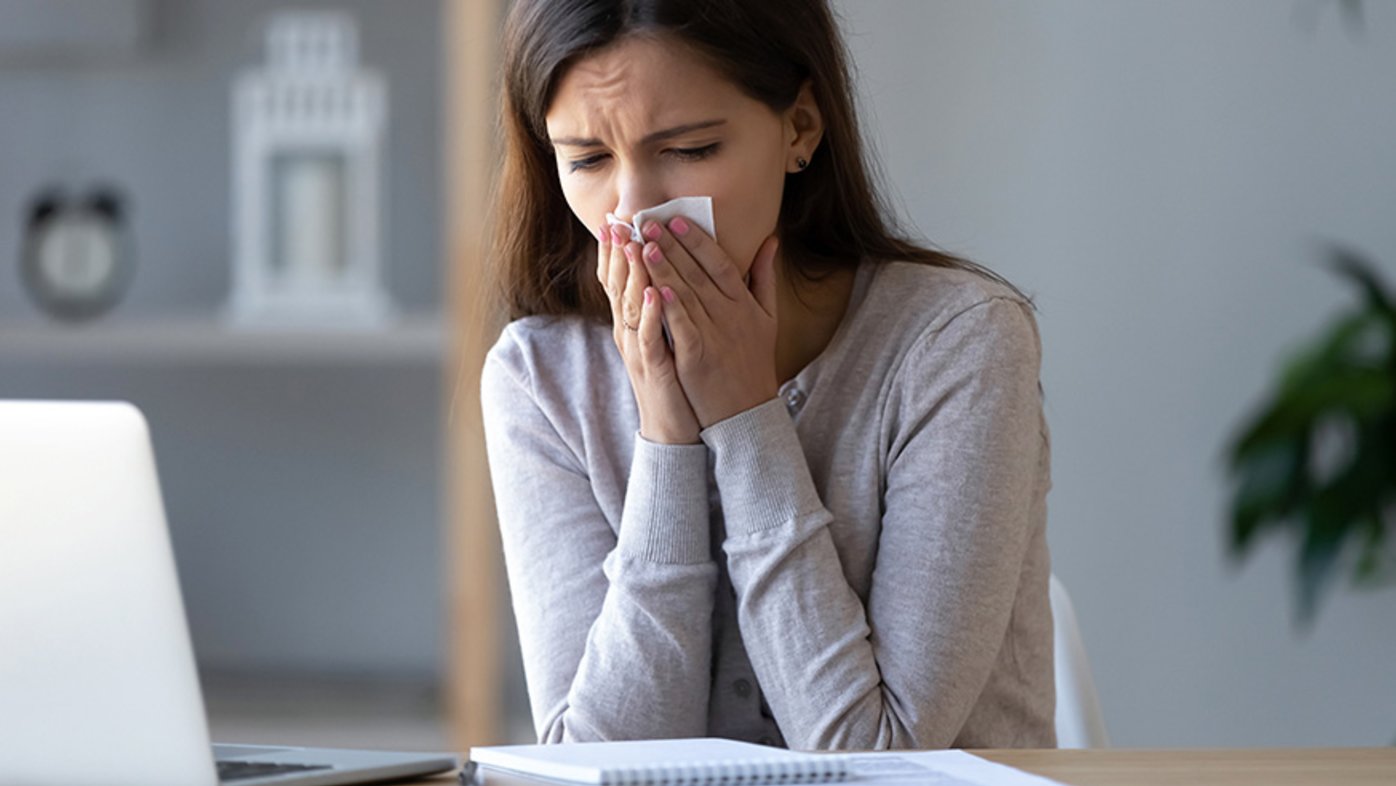
Relief for chronic sinusitis
An ENT doctor answers questions about common treatments for chronic sinusitis.
Three months into 2025, measles cases in the U.S. have already exceeded the total number reported for last year. An outbreak of measles in West Texas and New Mexico has grown to more than 370 cases and resulted in two deaths, including an unvaccinated child.
In California, confirmed cases remain low, but health officials and doctors are concerned that declining vaccination rates and increasing misinformation about vaccines could contribute to a major measles comeback.
Dr. Tonya Henderson, a board-certified pediatrician with Sharp Rees-Stealy Medical Group and associate chair of the pediatric department, hopes that by bringing awareness to the measles vaccine and its effectiveness, the spread of this once-eliminated virus can be stopped.
A deadly resurgence
“Measles is a highly contagious, preventable disease caused by the rubeola virus,” says Dr. Henderson. “Symptoms to look out for include high fever, cough, nasal congestion, red eyes and a rash in the mouth followed by a full body rash that spreads from the head down.”
Measles spreads easily when an infected person breathes, talks, coughs or sneezes. Symptoms can appear 7 to 14 days after the virus has been transmitted. Spots and rashes begin to appear in the days after the initial onset of symptoms.
“In some cases, measles can cause serious complications,” Dr. Henderson says. “Pneumonia, difficulty breathing, eye inflammation, brain inflammation, immune suppression and seizures are possible.”
Prevention as treatment
There is no medication to treat measles. Prevention is the best course of action, Dr. Henderson says.
In the recent outbreaks, 94% of confirmed cases are of people who are either unvaccinated or whose vaccination status is unknown. Dr. Henderson stresses the effectiveness of the vaccine in preventing the virus. “The vaccine is roughly 93% effective after the first dose and 97% after the second dose,” says Dr. Henderson.
This is especially important for children. The Centers for Disease Control and Prevention (CDC) recommends that all children receive the first dose of the measles vaccine at 12 to 15 months and the second by age 4 to 6.
However, during an outbreak, it is recommended that children get vaccinated as soon as they are eligible. The second dose can be given as early as four weeks after the first dose. If your child is going to travel internationally or lives in an area where there is an outbreak, their doctor may recommend getting vaccinated as early as 6 months of age, or for those at least 12 months of age, finishing the second dose early.
What to do if your child gets sick
If you suspect your child has measles, Dr. Henderson warns against going straight to the doctor’s office. “A telehealth visit should be your first course of action,” says Dr. Henderson. “The virus can live in the air for up to two hours after the infected person leaves, making it a highly contagious superspreader.”
If it’s not a medical emergency, she recommends scheduling a virtual care visit to get guidance on the next steps and help prevent the virus from spreading to others.
“Getting your child vaccinated is the best thing you can do right now,” says Dr. Henderson. “It is completely possible to eradicate this virus again, as long as everyone follows the CDC guidelines.”
Learn more about children’s health; get the latest health and wellness news, trends and patient stories from Sharp Health News; and subscribe to our weekly newsletter by clicking the "Sign up" link below.
Our weekly email brings you the latest health tips, recipes and stories.